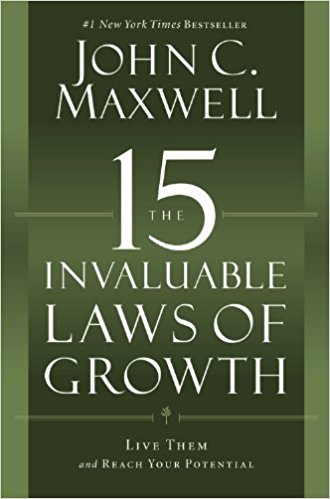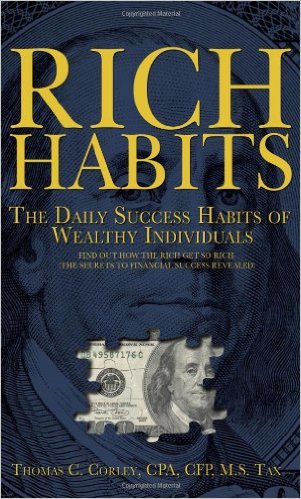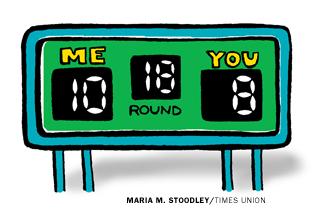“Leave the familiar for a while. Change rooms in your mind for a day.”
—Hafiz, 14th Century Persian Poet

Image from Unsplash by Andre Mohamed
One of my favorite quotes is, “When patterns are broken, new worlds will emerge,” by Tuli Kupferberg. In a nutshell, it points to a primary reason the coaching process works to support all kinds of professional and personal change initiatives.
Unfortunately, this can be quite difficult due to entrenched ways of thinking and acting that have become habituated over many years.
The good news, supported through today’s quote, is that we all can begin to grow and change by taking baby steps rather than quantum leaps, to better our worlds.
EXERCISE:
Experiment today by intentionally deviating from the familiar in your thoughts and actions. Please consider replying to this post regarding what occurs when you change things up a bit.









